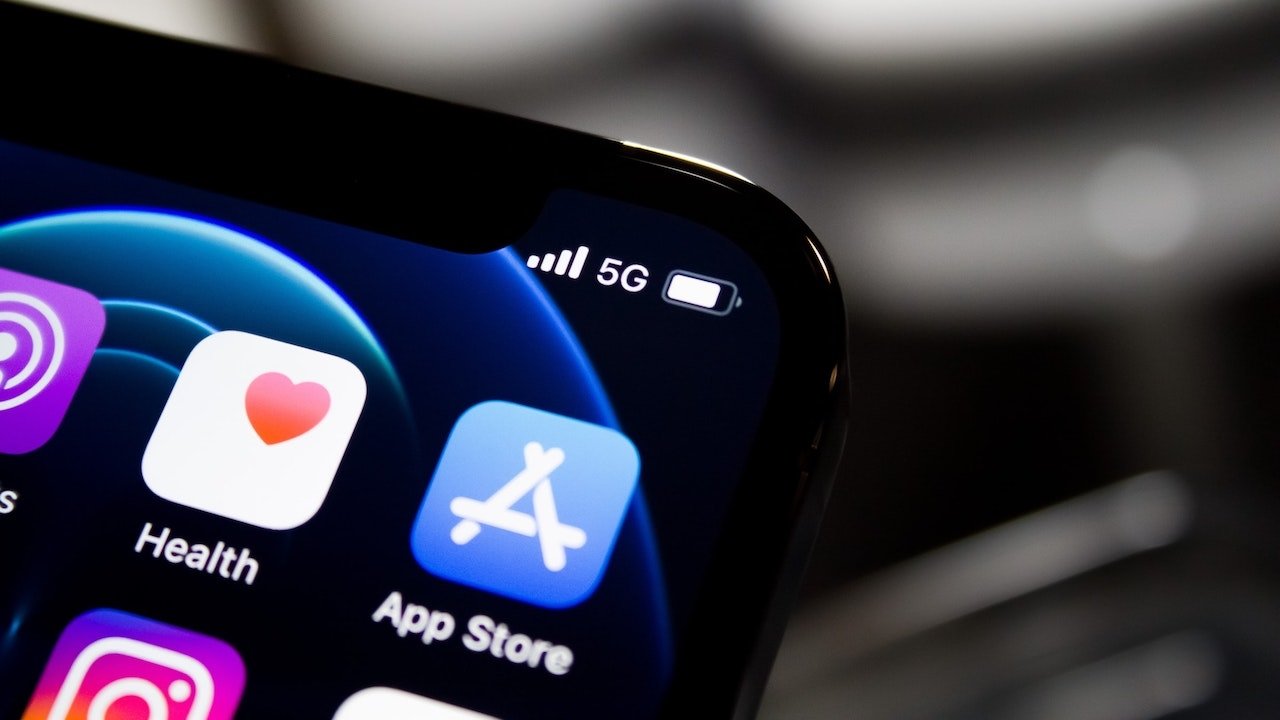Apple has highlighted a new report indicating that third-party apps have found App Store success and popularity across the globe, beating out Apple's own apps in most cases.
The report, conducted by economists at the Analysis Group, focuses on the regional and global success of third-party apps on Apple platforms. Apple says that demonstrates "the breadth of opportunity for developers and the wide range of choice available to consumers around the world."
Since the launch of the App Store, third-party apps have grown from about 500 to more than 1.8 million, Apple says. The iPhone maker itself maintains 60 apps on the App Store.
"Today, more than 99.99 percent of iOS apps are made by third-party developers, fueling a growing and competitive marketplace that contributes to a dynamic experience for users to the benefit of Apple and third-party developers alike," Apple wrote.
Per the report, third-party apps are the only options available in several types of categories. In most other categories, the report points out that Apple apps are far from the most-used or most popular.
"Across many app types, Apple's own apps account for a relatively small share of app usage among iPhone users," Apple writes. "This is the case even though some Apple apps are preinstalled to enable core functionality of the device."
For example, the most popular communication apps in the U.S. are Snapchat and Facebook Messenger. Spotify and Pandora are first and second in music streaming, while Google Maps and Waze are the most popular navigation apps in the country.
Additionally, the report points out that users often switch between multiple apps in a single category — such as using different messaging apps to communicate with their friends, family, and colleagues. Apple says this underscores how easy switching between apps is, and the "breadth of opportunity for developers."
Apple says that it gives developers a variety of tools to aid them in creating useful or innovative apps.
The report is an obvious counterpoint to increasing criticism of Apple's market power. In the U.S., Europe, and other regions, lawmakers and regulators are cracking down on alleged antitrust violations by tech giants.
Some of the accusations include self-preferencing, or tech giants using their market power to bolster their own first-party apps on platforms that they own or maintain. U.S. lawmakers are considering a bill that could end the practice in the country, while similar legislation is underway in the European Union.
This is not the first time that Apple has highlighted a third-party report from the Analysis Group. In the past, Apple has used reports from the organization to defend its App Store commission rate and tout the economic benefits of the App Store.
 Mike Peterson
Mike Peterson







-m.jpg)






 Charles Martin
Charles Martin
 Christine McKee
Christine McKee
 Wesley Hilliard
Wesley Hilliard
 Malcolm Owen
Malcolm Owen
 Andrew Orr
Andrew Orr
 William Gallagher
William Gallagher
 Sponsored Content
Sponsored Content








14 Comments
I’m a bit dumbfounded that anyone who has access to Apple Maps (or Google Maps, for that matter) would still be using Waze. It was a very good app once, but having had to recently use it I can see that Google has really neglected it in favour of its own Maps app. The voice is so robotic, and doesn’t tell you to turn unless you are either a) half a mile away or b) right on top of the turn, necessitating a swerve.
Equally bewildering is why more people don’t use Pages. It’s great, and it’s easy to save files in MS Word format if desired (albeit an extra step). Free compared to $79 a year, better (in my opinion) on getting useful documents created, and able to create PDF versions (and e-books you can now take directly to market if desired) with no extra costs involved compared to our Windows friends? This seems like a no-brainer to me, and don’t even get me started on how much more I enjoy creating presentations in Keynote compared to PowerPain — sorry, PowerPoint.
I think rules against self-preferencing by big tech companies that run stores like MS, Apple, and Google makes sense, but let’s not pretend that the iOS market suffers the same problem as the Android market, where people are often coerced/afraid to run anything not by Google, or pressured to run as much MS-produced software as possible by Microsoft. Of these three tech giants, Apple’s is by far the least self-preferencing and most robust/diverse market out there, and the least in need of heavy regulation.
I agree that Pages is great, easier to use for most simpler documents than Word. Same with Numbers, easier to do quick stuff that looks nicer as well because of the freedom of multiple tables on a sheet, brilliant. Both also play nice with iOS for the most part. However it does take a bit of time adjusting to rewire lifelong muscle memory habits from Word and Excel, Pages still lacks Find & Replace of special characters and both could use macros among other things.
If only Apple hadn’t funded the report.